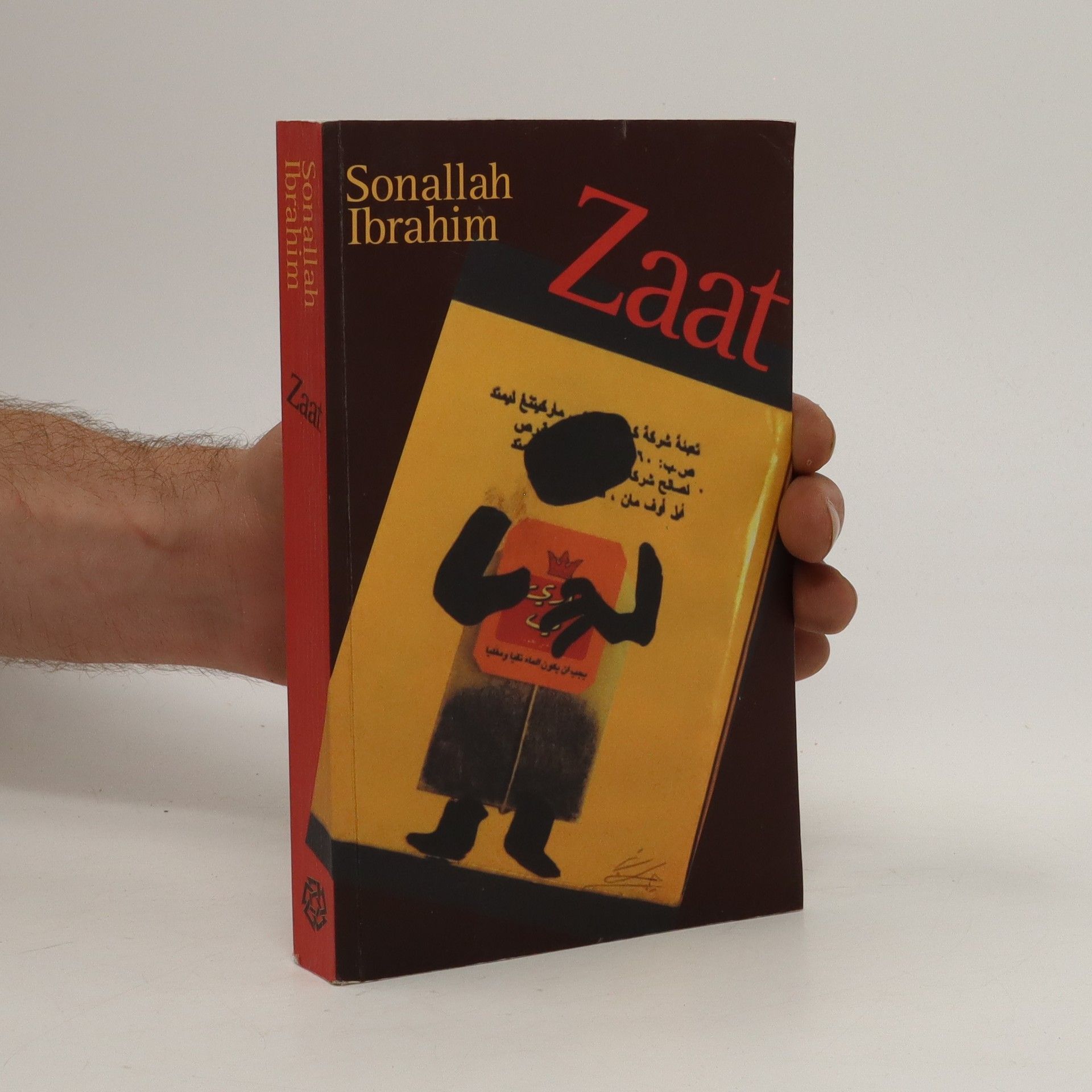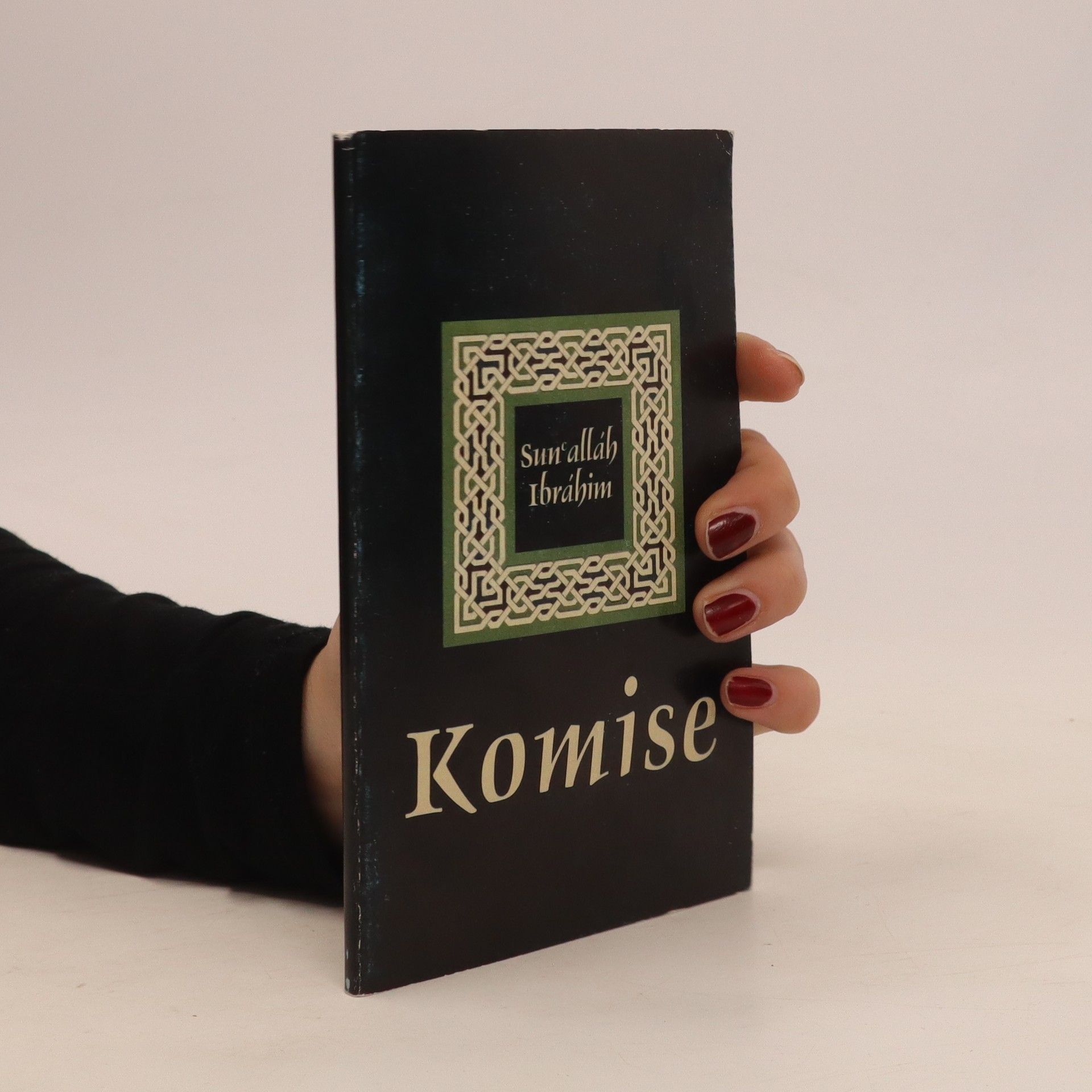Káhirský rodák Sun‘alláh Ibráhím je jedním z nejčastěji překládaných arabských spisovatelů. Svou absurdně laděnou novelou Komise, v níž se realistické a magicko-realistické prvky prolínají s metodami kinematografického stylu, vytyčil nový směr egyptské románové tvorby. Dějem novely je střet bezejmenného hrdiny s Komisí, jejíž jednání vychází z bizarních pohnutek a nemá žádný konkrétní cíl. Je synonymem překotného a nepřehledného vývoje Egypta v době prosazování „politiky otevřených dveří“, kdy bylo mnoho lidí donuceno hledat nový smysl života a přizpůsobit se novému hodnotovému systému, jenž je v knize symbolizován Coca-Colou. Komise je nadčasovou generační výpovědí, v níž Egypťan Sun‘alláh Ibráhím navázal na poetiku díla F. Kafky a na pozadí skutečných historických událostí vytvořil příběh charakterizovaný snovou atmosférou a hlubokou beznadějí.
Sunʿalláh Ibráhim Knihy


Zaat
- 344 stránek
- 13 hodin čtení
This unusual and much lauded novel tells the story of the life of an Egyptian woman - the eponymous Zaat - during the regimes of three Egyptian Abdel Nasser, Sadat, and Mubarak. Imbued with an Egyptian sense of humor and deeply rooted in the culture and politics of the modern period, the novel takes a humorous but often black look at the changes that have occurred in Egypt over the past few decades. Zaat's life experiences and relationships are set against economic and social upheavals in a style that is both sophisticated and bawdy, highly ironic and often extremely poignant.Zaat's story is interspersed and illustrated with extracts from newspapers of the day - headlines, articles, captions, death notices, advertisements -reflecting events and incidents contemporary with her life. Beautifully put together with bitter and cutting irony, they tell of corruption, financial scandals, torture, foreign debt, and social problems. The heroine epitomizes the hopes, dreams, and ambitions of simple folk tossed about on the stormy sea of modernization, consumerism, and the ever-present mirage of new wealth. Zaat is a brilliant social commentary that provides keen insights into how Egypt has come to be the way it is today.